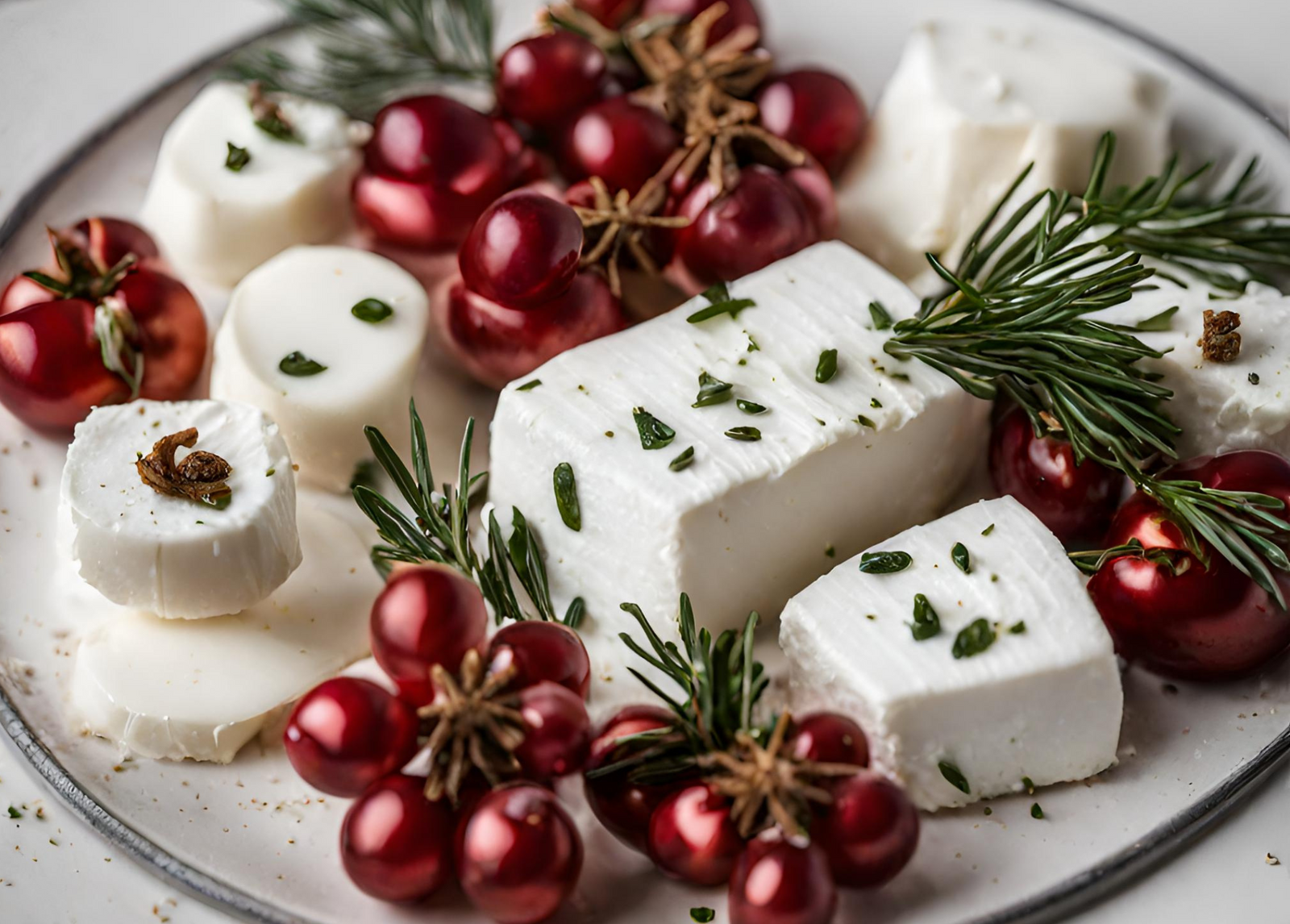Your Cart is Empty
HOLIDAY SALE ON NOW - GET AN AUTOMATIC 15% DISCOUNT ON CHECKOUT
HOLIDAY SALE ON NOW - GET AN AUTOMATIC 15% DISCOUNT ON CHECKOUT
HOLIDAY SALE ON NOW - GET AN AUTOMATIC 15% DISCOUNT ON CHECKOUT

May 31, 2021 2 min read
Who doesn’t love cheese? In fact, I would wager that there is nothing more beautiful than a good cheese stretch (besides the taste itself!). Unfortunately, cheese is often mistreated. What was once a delicate combination of the culinary arts and science can be easily ruined if proper care is not taken. This short list will teach you how to enjoy your very own cheese made from our DIY cheese-making kits in an optimal fashion.
1. Serving your cheese cold
Here at Cheese Maker, we believe in getting the best flavour from any of the cheeses you make at home, so we recommend that when you serve your cheese it should be at room temperature. In general, we are able to distinguish more nuanced flavours when food is closest to our own body temperature. Additionally, the fat naturally found in cheese is more pronounced when at room temperature, allowing our taste buds to fully appreciate the nuanced flavours of your cheese of choice.
In order to fully appreciate our DIY cheese kits and the homemade cheese you make from it, we recommend allowing it to sit out of the fridge until it reaches room temperature from one side of the wheel to the other. This is especially true with Cheddar if you have opted to age it—leaving it out of the fridge also makes it easier to peel off the coating! Depending on the firmness of your cheese, this can take over an hour, but trust me, it is absolutely worth the wait, as you will notice flavours that you didn’t even knowexistedbeforehand.

2. Leaving cheese unwrapped in the fridge
This is unfortunately one of the most common cheese crimes I come across in my fridge. After you spent hours working on that beautiful wheel of cheddar, whatever you do, donot throw it back in the fridge with its edges exposed. If you want to ruin your cheese as fast as possible, this is how to do it. Before long, your gorgeous aged cheddar will be brittle, bland, and dried-out and nobody will want to touch it, let alone eat it! I beg you, do not, under any circumstances, leave your cheese exposed to the cold, dry air of the fridge.

3. Contaminating the cheese
If you’re hosting a wine and cheese night or serving a cheese platter as an appetizer, make sure you have enough utensils for each and every cheese on said platter. Not only would using the same utensil for every cheese blur the nuanced differences between each cheese through leftover cheese on the knife, but it is also simply unsanitary; your cheese is likely to spoil sooner if contaminated with other products.
If following these guidelines makes me a cheese snob, then so be it! While these might seem like very minor nitpicks, I promise they will make all the difference in your appreciation of your homemade cheese, be it mozzarella, cheddar, cheese curds, feta, goat, or even vegan cheese!

References
Achitoff-Gray, N. (2019, November 12).10 Common Crimes Against Cheese You Don't Have to Commit. Serious Eats. https://www.seriouseats.com/how-to-store-and-slice-cheese.
Comments will be approved before showing up.

December 19, 2024 2 min read

December 05, 2024 2 min read
Sign up to get the latest on sales, new releases and more …